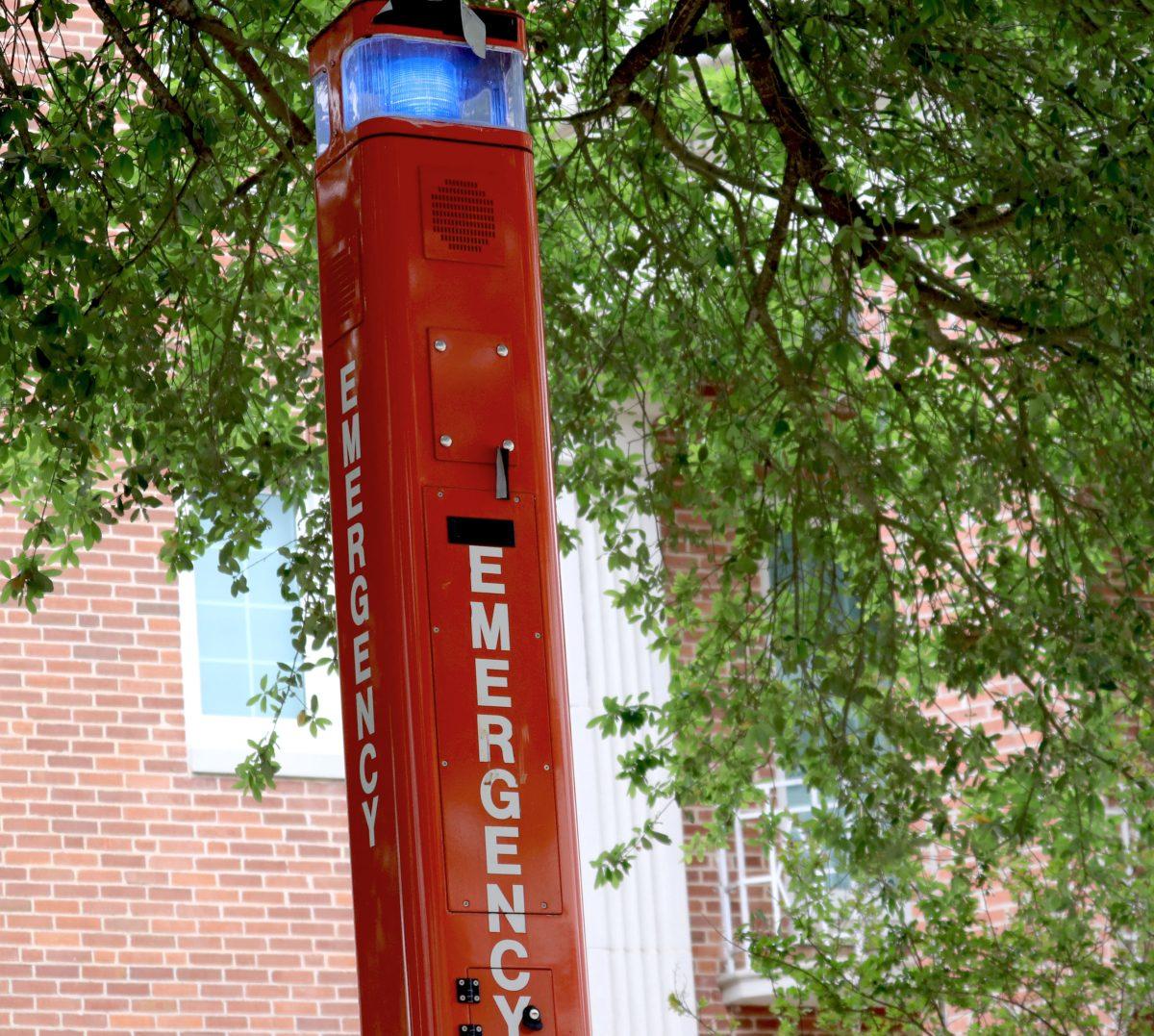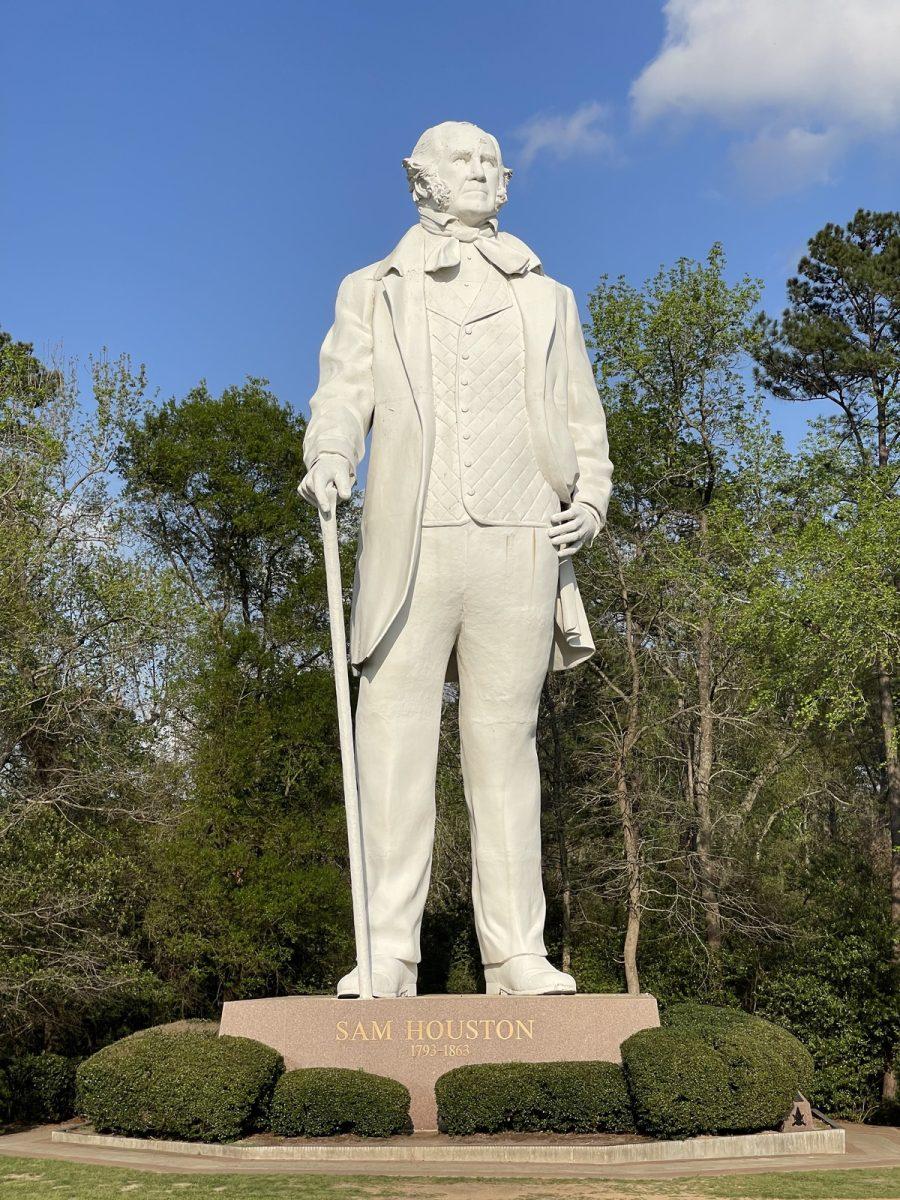In 1980, arguably the beginning of the biggest drug crackdown in history, 23,000 people were in prison for drug offences. Today, that number is 1,725,387, about 3 percent of the American population. Jailing non-violent drug offenders costs taxpayers greatly, without getting to the root of the problem. It would cost less, and yield much more in societal benefits, if people were rehabilitated and helped rather than being imprisoned.
In 1973 the Nixon administration started the “war on drugs” when the drug enforcement agency (DEA) was created. Enforcing the war on drugs costs 51 billion dollars a year and over one trillion since the 70s. The bulk of convictions have been for marijuana related offences. Today, a majority of Americans believe marijuana should be legalized.
The effort to demonize marijuana began in the 30s when the paper companies were being threatened because of the cost efficiency of hemp. The propaganda film “Reefer Madness” was created to sway public opinion. At the same time, WW2 soldiers on every side of the battlefield were being given methamphetamine so they could fight the day on end. The schedule system for drugs has marijuana as a schedule one drug – having no medical benefit while being highly addictive, and meth a schedule two – having medical benefit and still being prescribed.
Marijuana and other natural drugs such as mushrooms are much safer than tobacco or alcohol, but people have been given life imprisonment for weed. Some non-violent offenders have been given longer sentences than murderers. The war on drugs created a new class of “criminal” while making prisons and the criminal justice system rich. However, if marijuana were federally legalized and federally taxed it would bring in more money than alcohol or tobacco combined.
There is no doubt drugs such as heroine, meth, ecstasy and cocaine are dangerous, but alcohol and tobacco cost taxpayers and the healthcare system much more. This is why decriminalization is the route we ought to take. A simple possession charge should not lead to the end of one’s life. Doing this puts a mark on someone’s upward mobility for life and the benefit they could bring to society. Imagine if Obama had been caught with weed or cocaine, or the past five presidents, respectively. If instead of prosecuting we intervened and rehabilitated, we could reap the numerous benefits.
Today we are seeing the effects of drug illegalization while pharmaceutical companies addict more people than any illegal drug. The opioid epidemic is a great example. People have become addicted thanks to over-prescription of OxyContin, Vicodin, and the like, leading to a new generation of heroin addicts from the suburbs. People have also become addicted to meth because of over-prescription to Adderall, which is looked at as a harmless study tool to many college students. The same has happened with Ritalin and cocaine. The pharmaceutical companies are the real drug dealers. Therein lies the problem. The war on drugs is not against drugs so much as it is a war on the poor.
During the Regan administration, a crackdown on crack resulted in such users and dealers getting sentences up to one hundred times tougher than regular cocaine. This disproportionately affected the poor and those in the inner-city, and that was no accident. All this while the Regan administration funded the Contras in Nicaragua, who cultivated much of the cocaine that came to the US. Regan also defunded mental institutions, leading to an influx of homelessness and more addiction. What has become evident is that people with pre-existing mental issues self-medicate with drugs. An example is someone with ADHD using meth to compensate.
Most Americans agree that the war on drugs has been a major failure, with many wanting to see an end. There is no benefit to anyone to see non-violent offenders jailed for years on end. Prison should be for the worst of the worst, and the police should not waste tax dollars chasing someone with a dime bag of weed while people are being murdered.
Legalization of marijuana in Washington, Colorado, Alaska, Oregon, California, Nevada and Washington DC has resulted in smaller number of people imprisoned for non-violent “crimes,” while raking in billions for their respective states. If we treated other drugs the same way, not encouraging their use, but helping end it through rehabilitation, we could see huge benefits in society. People should not have their lives ruined for simple possession charges.





